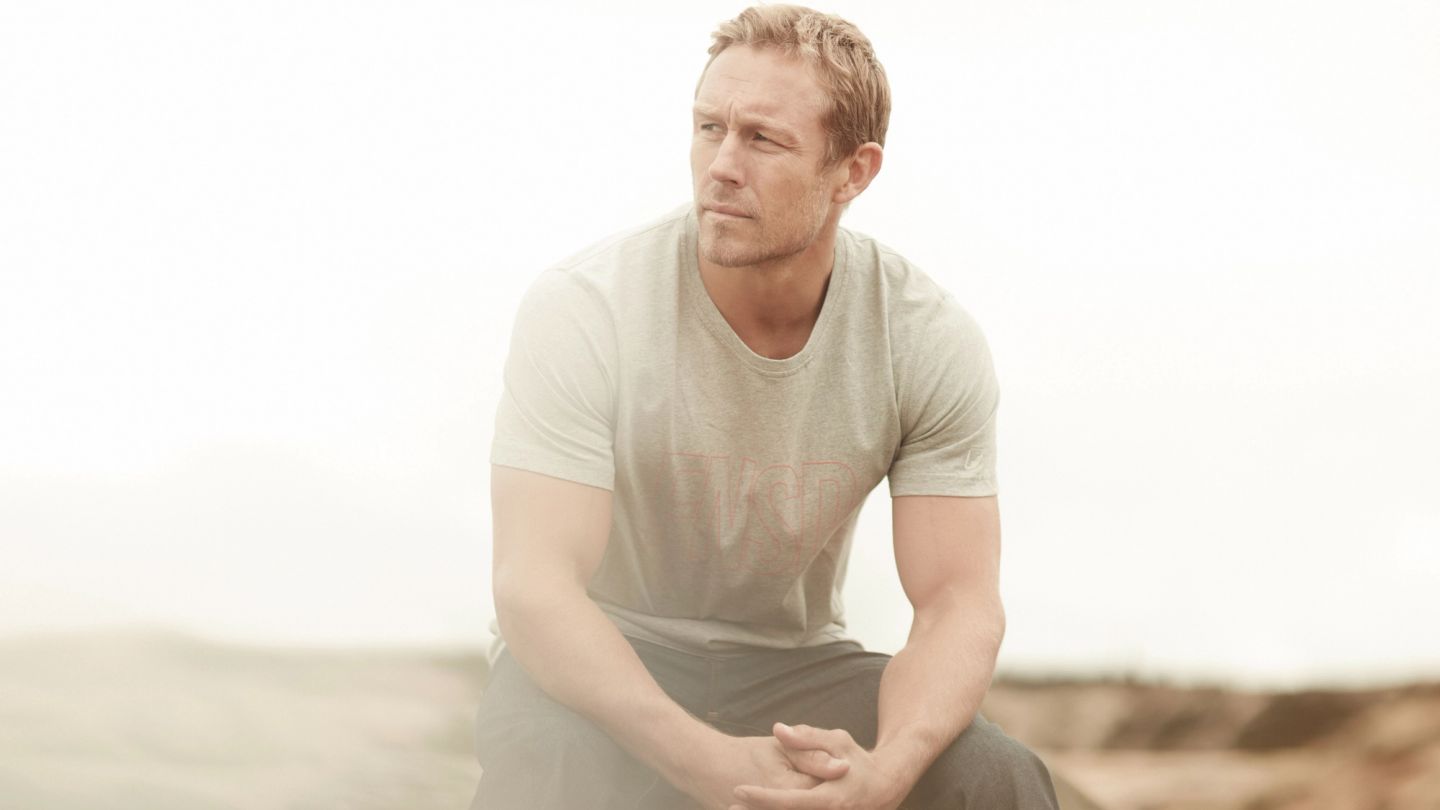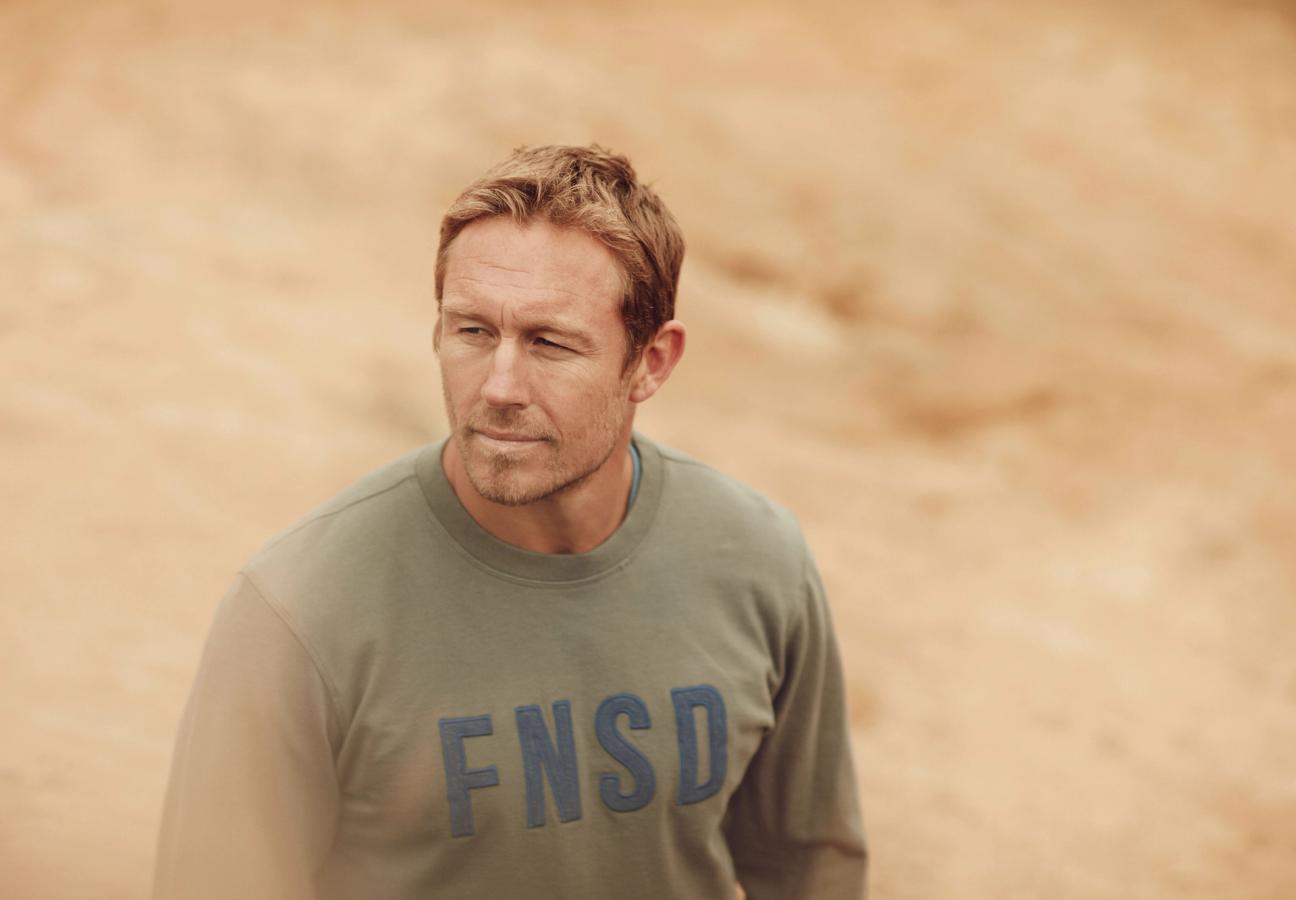

Words: Jonathan Wells
It’s been 16 years since Jonny Wilkinson scored that winning drop goal during the Australian Rugby World Cup final. Let that sink in. Or don’t — Wilkinson certainly hasn’t. Despite putting in the performance that would surely become his career-defining moment, Wilkinson played on for another decade, and only hung his boots up five years ago. Even then he didn’t pause. Retirement has seen Wilkinson inducted into the Rugby Hall of Fame, awarded a CBE, become founder of wellbeing brand No.1 Living and begin work as a pundit for ITV Sport.
And still the 40-year-old remains unfazed. With another Rugby World Cup soon to kick off, Wilkinson is fielding more projects, offers and enterprises than ever before. Here, he draws parallels between the worlds of business and sport, explains his passion for mental health, and reveals both his front-runners and long-shots for Japan 2019.
This is the first World Cup in a long time where there’s a real openness about it. Going into this one, everyone’s looking very capable. Scotland may not have triumphed but they did some incredible work in building up to this World Cup, responding really inspirationally to any challenges. Of course, everyone’s chasing New Zealand. But New Zealand, who once always showed the world how rugby should be played, are now discovering that the game isn’t as simple as it once was.
Players always challenge themselves when they begin, when they first start playing. You’re obviously full of anxiety, but you still push — to prove yourself and find your limitations. But then, you see players further into their careers become so concerned with their reputations that all they’re trying to do is control how others perceive them. People become desperate over the idea of who others think they are, and how others see them within the team.
"New Zealand are now discovering that the game isn’t as simple as it once was..."
To be awarded a CBE was simply amazing, such a massive honour and privilege. But I found that two things really rang true about it. Firstly, when I went to accept it, I was walking around and realised that I wasn’t more important than anyone else. In fact, some of what these other people were doing — and had been doing without reward or recognition — was just incredibly powerful. And also, it was a chance for me to see what I wanted to do next, or could do next. It was a very humbling experience.

It’s interesting to still be involved in the game. But from playing to punditry, that’s a different vibe completely. It’s great to just enjoy the atmosphere, and I work with players from that squad 16 years ago, so we get to have conversations about when we were all playing. But then we’re also watching how new players are looking. It’s really exciting — for us and them. Because I can see their pure involvement in the game. There’s no time for them to think about their reputations — instead it’s just bright-eyed banter with their teammates. They’re always in the action, and that breaks down who they are, or who they’re trying to be. When you’re playing, that’s freedom.
I explore what’s inside and, when I find a passion, I have to follow it. I’ve tried many things over the years — playing guitar, learning languages, reading books — but I’ve never had a passion for them like I have for rugby. Then again, on some levels, everything makes me tick. Whether it’s just walking, meeting people, coaching and training — literally everything. It’s a joy to be here and I want to do as much as I can during my time on this planet. And that just comes down to one thing: How alive can I feel?
Most things I do are built around mental health. That area — and my understanding of that area — are incredibly important to me. So when my wife discovered kombucha, and we started brewing it, it quickly became a new passion of mine. There’s a real link, we discovered, between mental health and the gut. And it can have this massive, massive effect on you. It’s a real symbiotic way of living, and you suddenly realise that if you have a healthy centre, it can ultimately lead to greater peace.
There’s no such thing as business or sport. Or winning. Or failing. We make these things up ourselves — and it’s important that we’re also able to reinvent, redefine and redesign these ideas. That’s the only way for us to become who we really are. That’s how we open new doors, and reveal new opportunities. That’s how we connect you to others around you, and turn your passions into work. I don’t see there being a work-life balance, or a business-life balance. It’s just life.
Inspired by the Rugby World Cup? Here’s how to get the body of an elite player…


